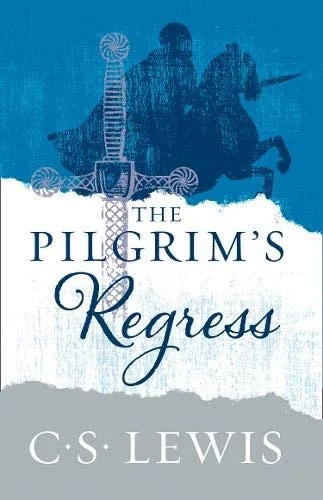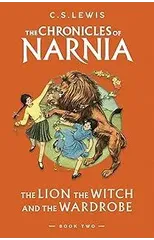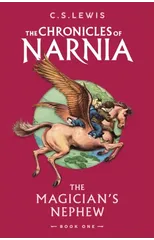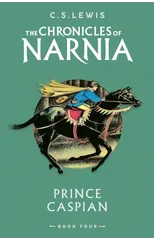One of C. S. Lewis' works of fiction, or more specifically allegory, this book is clearly modelled upon Bunyan's Pilgrim's Progress, as Lewis cleverly satirizes different sections of the Church. Written within a year of Lewis' conversion, it characterises the various theological and temperamental leanings of the time. This brilliant and biting allegory has lost none of its freshness and theological profundity, as the pilgrims pass the City of Claptrap, the tableland of the High Anglicans and the far-off marsh of the Theosophists. As ever, Lewis says memorably in brief what would otherwise have demanded a full-length philosophy of religion.
C.S. Lewis
C.S. Lewis, a renowned British author, is best known for his masterpiece "The Chronicles of Narnia" series. His literary style expertly weaves Christian themes with fantasy elements, captivating readers of all ages. Lewis's key contribution to literature lies in his ability to create magical worlds that inspire imagination and moral reflection.






